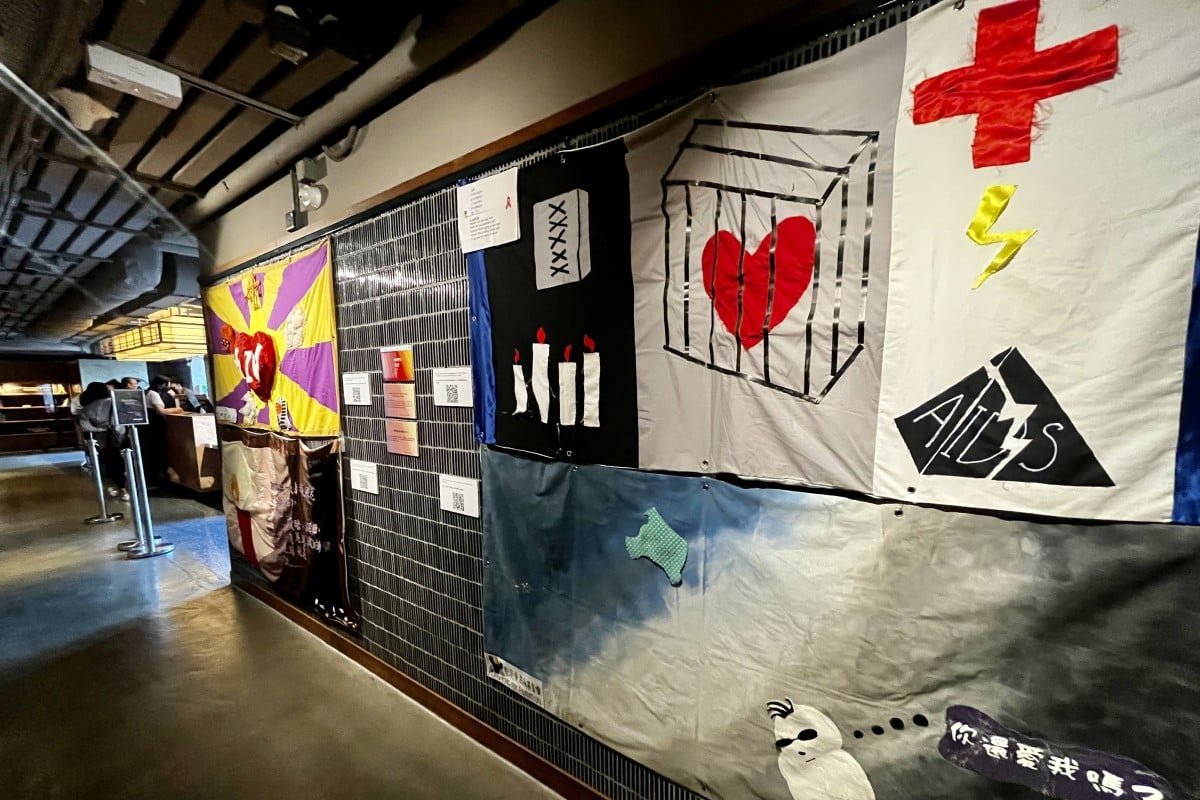In 2017, Colby, an 18-year-old from Fujian province who grew up in Hong Kong, faced a life-altering diagnosis: he tested positive for HIV. Despite initial symptoms like nausea and exhaustion, Colby didn’t immediately connect these to HIV. His decision to get tested was driven by his commitment to a new relationship, wishing to ensure both his and his partner’s health. The diagnosis was a shock, especially since his partner tested negative.
HIV, if untreated, can lead to AIDS, a severe stage of the infection. However, modern medicine has transformed HIV into a manageable chronic health condition. With daily medication, routine blood tests, and medical consultations, HIV patients like Colby can maintain an undetectable viral load, making the virus untransmittable.
The cost of medication in Hong Kong is relatively affordable, with a six-month supply costing around HK$30. Despite medical advances, HIV continues to be a major global public health issue. In 2023’s second quarter, Hong Kong’s Centre for Health Protection reported 93 new cases, bringing the total to 11,830 since 1984.
The battle against HIV/AIDS in Hong Kong mirrors the global struggle, with early years marked by fear and myths about transmission. Dr. Wilson Lam of the Hong Kong AIDS Foundation emphasizes that misinformation and stigma have been significant challenges, particularly in the 80s and 90s.
Colby’s journey post-diagnosis reflects the social and cultural hurdles faced by HIV-positive individuals. He experienced self-stigma, fearing discrimination at work and within his community. This led to a period of self-destructive behavior and hospitalization, after which his supportive family learned of his condition. However, he also faced judgment and threats, particularly within the LGBTQ community, highlighting the ongoing stigma surrounding HIV.
Colby’s story underscores the importance of ending stigma and fostering a supportive environment. This need is highlighted in initiatives like the “United in Memory: AIDS Memorial Quilt Exhibition” in Hong Kong, which connects those living with HIV and honors those lost to the disease. The exhibition, featuring quilts and testimonials, is a poignant reminder of the HIV/AIDS journey and the power of empathy and understanding.
Living with HIV in modern times is less about medical challenges and more about societal acceptance. As Colby continues to work with NGOs on HIV prevention, his story is a call to action for greater awareness, acceptance, and support for those living with HIV. It’s a narrative that moves beyond just a medical condition, delving into the human experience of resilience, community, and hope in the face of adversity.
READ MORE:
